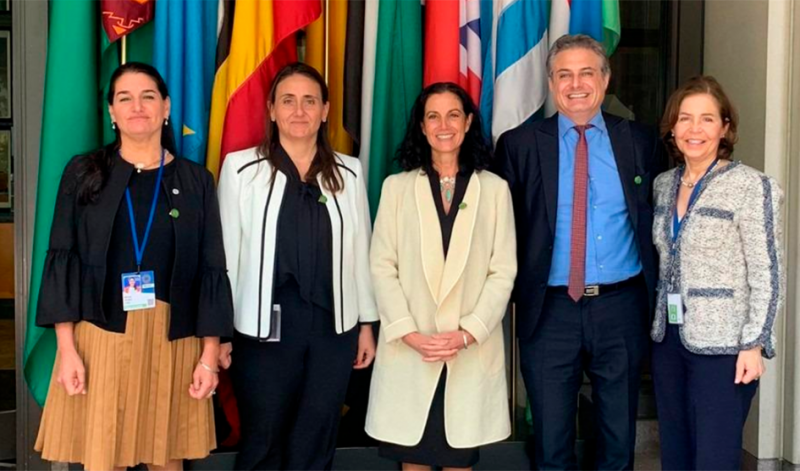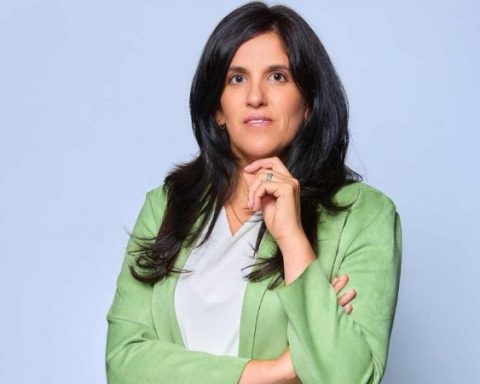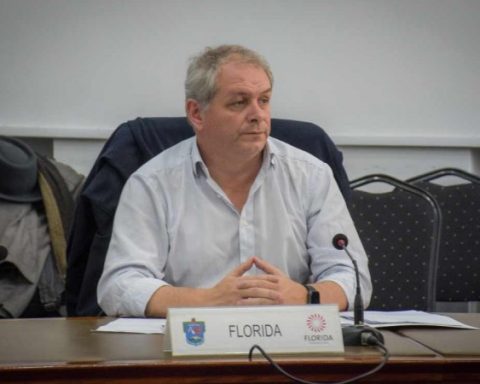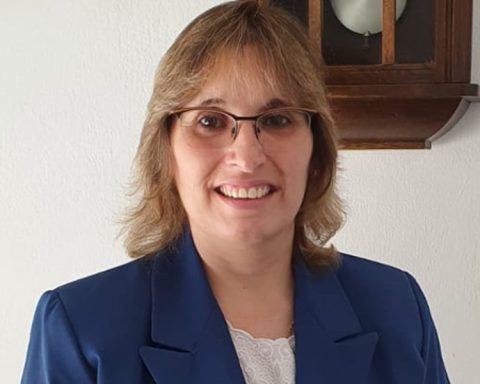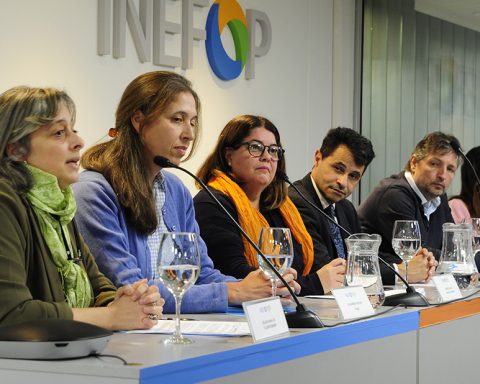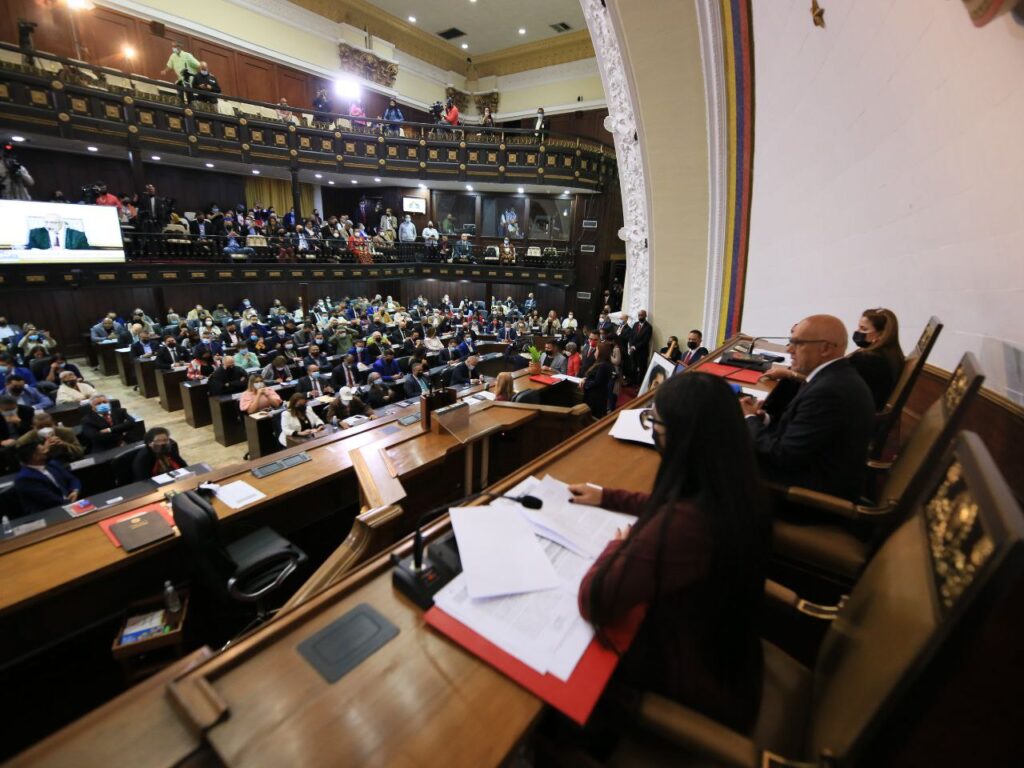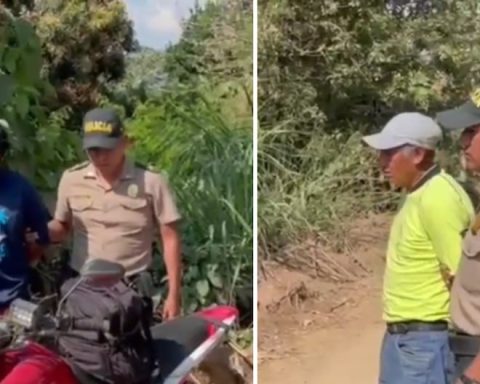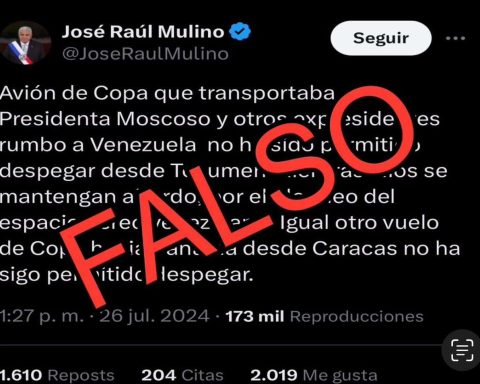In Washington DC, Uruguay led for the first time the Development Committee of the World Bank (WB) and the International Monetary Fund (IMF). The Minister of Economy, Azucena Arbeleche, national representative before these organizations, led the session, in which she emphasized the challenges for public health, poverty, refugees and advocated for a trading system based on rules and climate change.
The Secretary of State attended the meeting accompanied by the Director of Economic Policy of the Ministry of Economy and Finance, Marcela Bensión; the director of the Debt Management Unit of that portfolio, Herman Kamil, and the representatives of Uruguay before the World Bank, Carolina Saizar, and the IMF, Inés Bustillo.
At the ceremony, Arbeleche referred to the current economic context as a series of shocks that negatively affect the world economy and hit the most vulnerable the hardest. He also indicated that the World Bank Group, the IMF and the World Trade Organization (WTO) provide support to member countries to respond to health, food security, debt and climate change crises.
In addition, he argued that the rise in food, fertilizer and energy prices affect the population of low- and middle-income countries, where food insecurity, in particular, threatens communities. “We are therefore dealing with overlapping crises,” she said.
In this sense, he praised the quick actions taken by the representatives of institutions such as those mentioned. However, he insisted, international cooperation needs to be strengthened to provide global public goods. “These include public health preparedness, the fight against poverty and the situation of refugees, a rules-based multilateral trading system, and climate change,” he added.
The hierarch summoned the international community to guarantee equitable access and reasonable costs of vaccines through public policies. “We need to be better prepared for future pandemics,” she said.
In his oratory, he stated that unsustainable debt levels and potential risks of over-indebtedness must be addressed, in a context of rising interest rates and stressed fiscal margins.
He also pointed out that the world is facing a climate emergency, so long-term development goals should not be lost sight of. Amid the uncertain outlook, he said, there is a need to stay focused on a more sustainable, low-carbon recovery. “Achieving climate change mitigation is a key global public good that requires coordinated action,” he asserted.
He also called for securing a rules-based multilateral trading system to provide broad and unrestricted market access for countries to sell their goods abroad.
“Let’s keep doing what we do best, working together to fight poverty and ensure food security, while addressing critical issues such as health and preparedness for potential health crises, high debt, and climate change mitigation and adaptation,” concluded.
The international scope promotes the creation of intergovernmental consensus on issues of development and social equity, it was established in 1974 and is made up of 25 components. Most of the members are finance ministers from countries that are part of the World Bank and the IMF. Arbeleche was elected president by the members of the forum and she will exercise this role for a term of one year.
